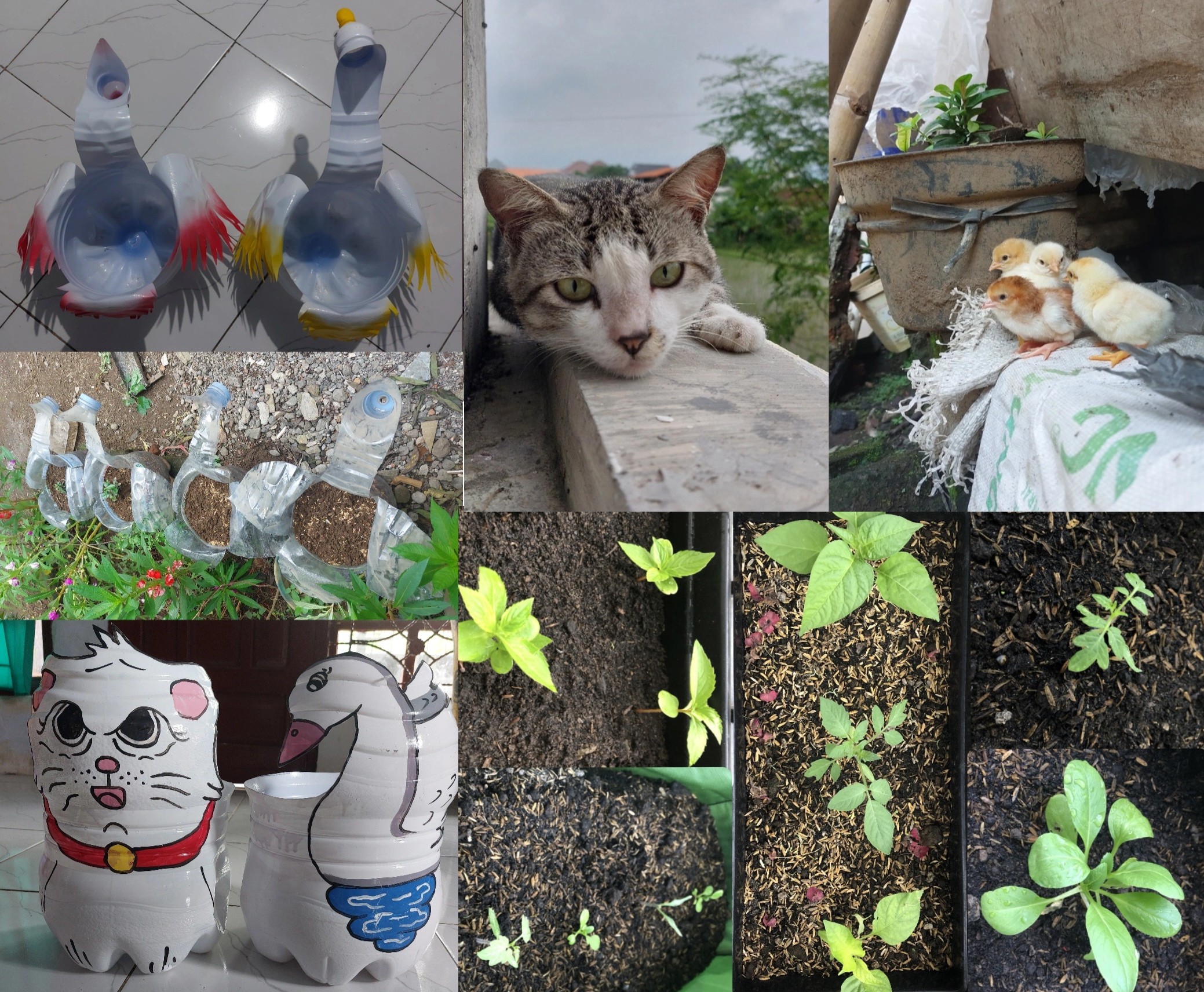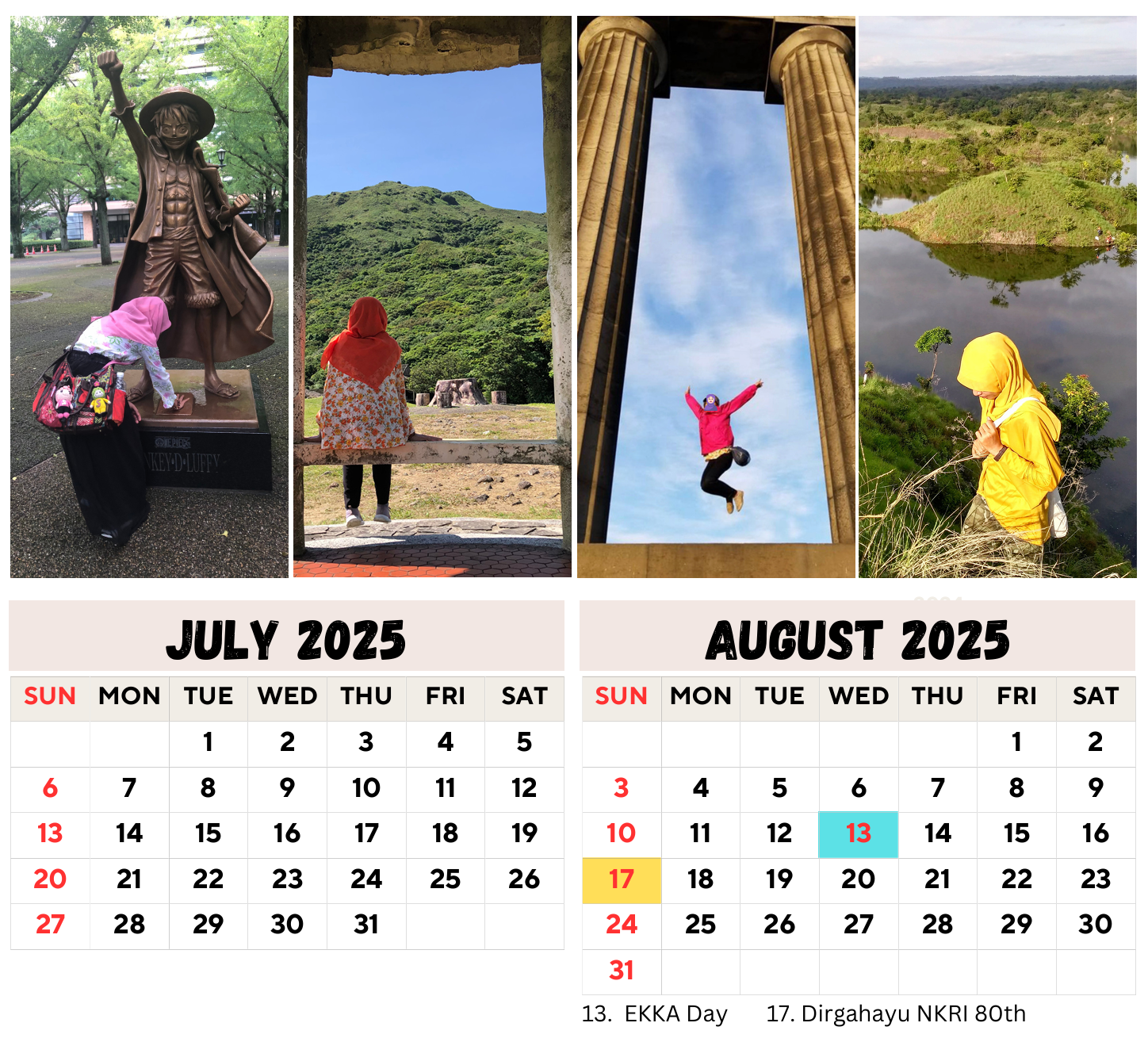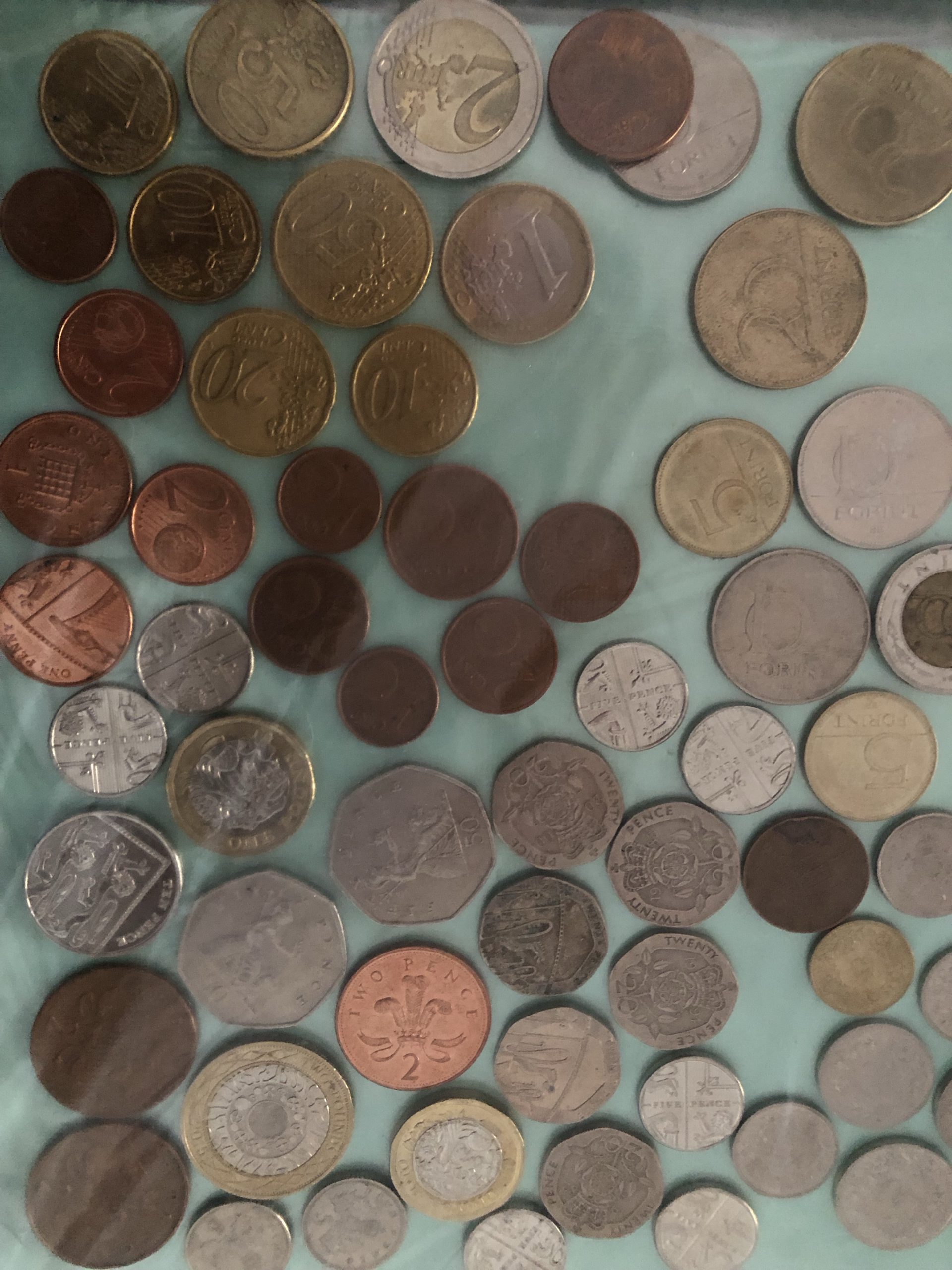
Hi there, a long time ago I wrote about how to survive and manage our money. You can read it here. It’s more about how we should allocate our money when we get money/salary, though. This time it’s more about how to not succumb to the temptation to spend/waste our money too much so we can save more.
First, please read some disclaimers below:
1. I understand that in order to save, you’ll need to first have the money. And I know some of us are struggling to make ends meet, and it’s nearly impossible to spare some to save when everything we earn is barely enough to fulfil our basic needs. So please know that this post is not really for you; it’s not to blame or judge you; this post is more for people who find it hard to spend their money wisely.
2. The “debt” I mean here is not the one like when you eat out with your friend but the place is cash only but you don’t have money in cash, you have only cards or other means, so you borrow money from your friend, let them pay for you, and then immediately pay it back by transferring, stopping by at an ATM to withdraw some money, etc. It’s not such a debt. When you “borrow” for a very short time and immediately return it, I don’t consider it a debt. The debt I mean here is more like when someone borrows money after they spent theirs on or to go to a luxurious concert, or when they say sth like, “Can I borrow some money? I’ll return it 3 months later.” but never get to return the money or is hard to retrieve the money from.
3. The reason I decided to write this is because I noticed that some people seem to be really easy to borrow money from others to a point that I feel that borrowing money is pathological for them. I mean, I was born and growing up poor, but my parents never borrowed money from others unless they really really really had to (and were able to pay). We know that paying a debt is a responsibility and that people who are kind enough to lend us the money might need the money themselves and they also earned that money not easily. So because we were so poor we often were too afraid we wouldn’t be able to pay it back. Hence, we tried our best not to be in debt – financially – and make do with everything we had (We still do!). Remember how I couldn’t even afford to buy ice cream because we really needed to spend the money on our basic needs? Ice cream was a luxury; spending money on it was lavish and unwise. My parents were peasant farmers working on others’ farm; we relied on the harvests but we had to wait for 4 months to get paid, so every time we had a harvest we had to make sure that the money could last us for the next 4 months. And the harvest was not always good, so our income wasn’t certain either. That’s why when the harvest was good, my parents didn’t go spend it outlandishly. They kept the modest lifestyle so we could save the money for when the harvest was bad.
4. I practice what I write here so that I don’t become the kind of person I dislike: Those who love to spend money lavishly without thinking but then borrow money from others but are reluctant to return it later. I’m not sure how to best say this in English, but in Indonesian, there’s this phenomenon when the person owing money can be harsher and meaner than the person who actually owns the money and lent it to them, when they’re trying to collect the debt or get their money back. I despise this kind of person, especially when they have such an expensive lifestyle. I mean, I remember when we were still poor, someone borrowed money from my parents. They had a better house, and they even had a motorbike (while we didn’t), but they still borrowed money from my parents, who lent it to them out of pity, but they never returned the money. Dang. I mean, some people are like that, right? They eat at a fancy restaurant, wear expensive brands, then borrow money to pay electricity bills and rent, like, what? Keep it low if you don’t have the money, jeez! Set your priority right!
But anyway, sorry for the rants, but I really need to give such disclaimers because I’m here not to argue. If it doesn’t apply to you, then it’s not for you. I’m here just to share what I practice and if you find it helpful, I’ll be glad. And so, the key to avoid debt is by saving money. And to save money, you need to not spend it unwisely. And to help yourself to refrain from doing so is by asking these questions:
Do I need it or do I just want it?
This is the first question you need to ask before spending any money. Yeah, I know it’s a tough question for some. But for me, this is just an essential question to ask first before spending any money. It’s to get our priority right. For me, life is “simple.” Our basic needs are only food, clothing, and shelter, right? At least traditionally. So to survive, we just need to make sure that we have the money for those.
Then what does this first question have to do with it? Well, to illustrate, we need food. We need to eat. But do we need to eat $100 food? No, we don’t. Will we die if we don’t eat it? No, we won’t. Unless perhaps you got a rare disease and that food contains something medicinal for your health or something. But in general, this is not the case, so no, we don’t need to spend money for that. Well, unless you’re very rich, then it’s a different story. (Though if you’re rich, you won’t need to read this post, I think). And maybe it’s ok if you do it only occasionally. I love doing it occasionally too, trying new places or food, or such, just once in a while. But if every time you want expensive or fancy food and you just buy it even though you don’t have lots of money, I think that’s not good. True we need nutritious food, but there is a lot of nutritious food that is cheaper, so there’s no reason to not save money because of food expense.
Then clothing. Yes, we need clothes, but do we need $1000 dress and $3000 hermes bag? Again, no. (Well, at least I don’t know anyone who needs to own a $1000 dress and $3000 bag 😭🙏✌). Well, maybe you need to dress up a little for work or such, broaden your network, and so forth. If it really benefits you, then it’s understandable. But if it’s just going to put you in trouble, then don’t. I mean, sometimes we often try to spend more to impress people who are not significant in our life, and I really don’t get it. I mean, yeah, I get it. It surely feeds our ego, but our true friends will understand us and won’t force us to follow their lifestyle. In my case, I’m lucky enough to know some rich people who don’t look down on me for the cheap lifestyle I have. I hope you are also surrounded by people who can value you beyond your look and appearances too.
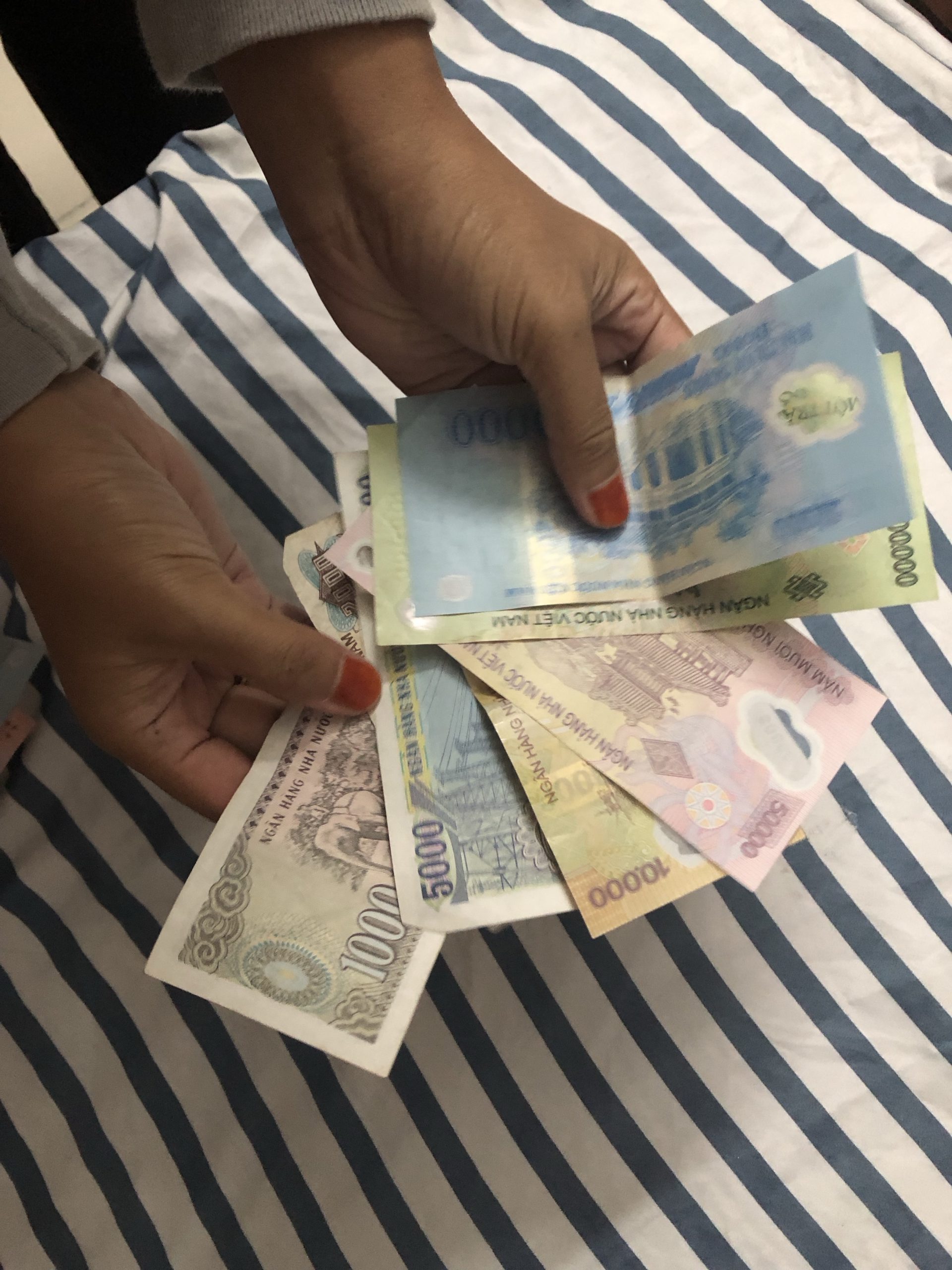
Is it urgent?
Nex question to ask is Is it urgent? Some of us might find it very difficult to distinguish what we need from what we want. I admit that distinguishing needs from worldly desires is not easy. More than often, we tend to think of what we want as something that we need. And it’s not wrong either. Sometimes we do need to get what we want, no? To make ourselves happy, for example. Fulfill our childhood dream by buying something we couldn’t afford when we were still kids, perhaps? And that’s alright. I’m not trying to invalidate your feelings or judge you for thinking you need what you want.
But here I’m just sharing what I usually do to help myself from doing such things: Ask “is it urgent” question. When your answer to “Do I need it or do I just want it?” question doesn’t make a difference and can’t help you make a decision, then ask this: Is it urgent? If it’s hard for you to answer this question, you can break it down to these two questions: Can it wait? and What is the consequence if I don’t buy/get this?
To illustrate, my iPad is broken. I want a new iPad – or tablet. I usually used my iPad to watch movies/anime/drama and read pdfs or books online. So now that it’s broken, I really want it to get fixed or get a new one. Life is dull without entertainment after all, right? But I know it’s not urgent. I can still watch movies or read pdfs using my phone or laptop. It’s a bit inconvenient but I can still manage. A new iPad or tablet can wait. If I don’t get it now, the consequence is not that dire.
But it’s going to be a totally different story if the one that is broken is my laptop. Why? Because that’s how I make a living. If my laptop is broken, I cannot work. If I don’t work, I won’t get money. If I don’t get money, how will I pay my bills? How can I save for my travels? Etc. So in this case, the consequence is dire. Getting a new laptop will be in my best interest because it is urgent; it cannot wait.
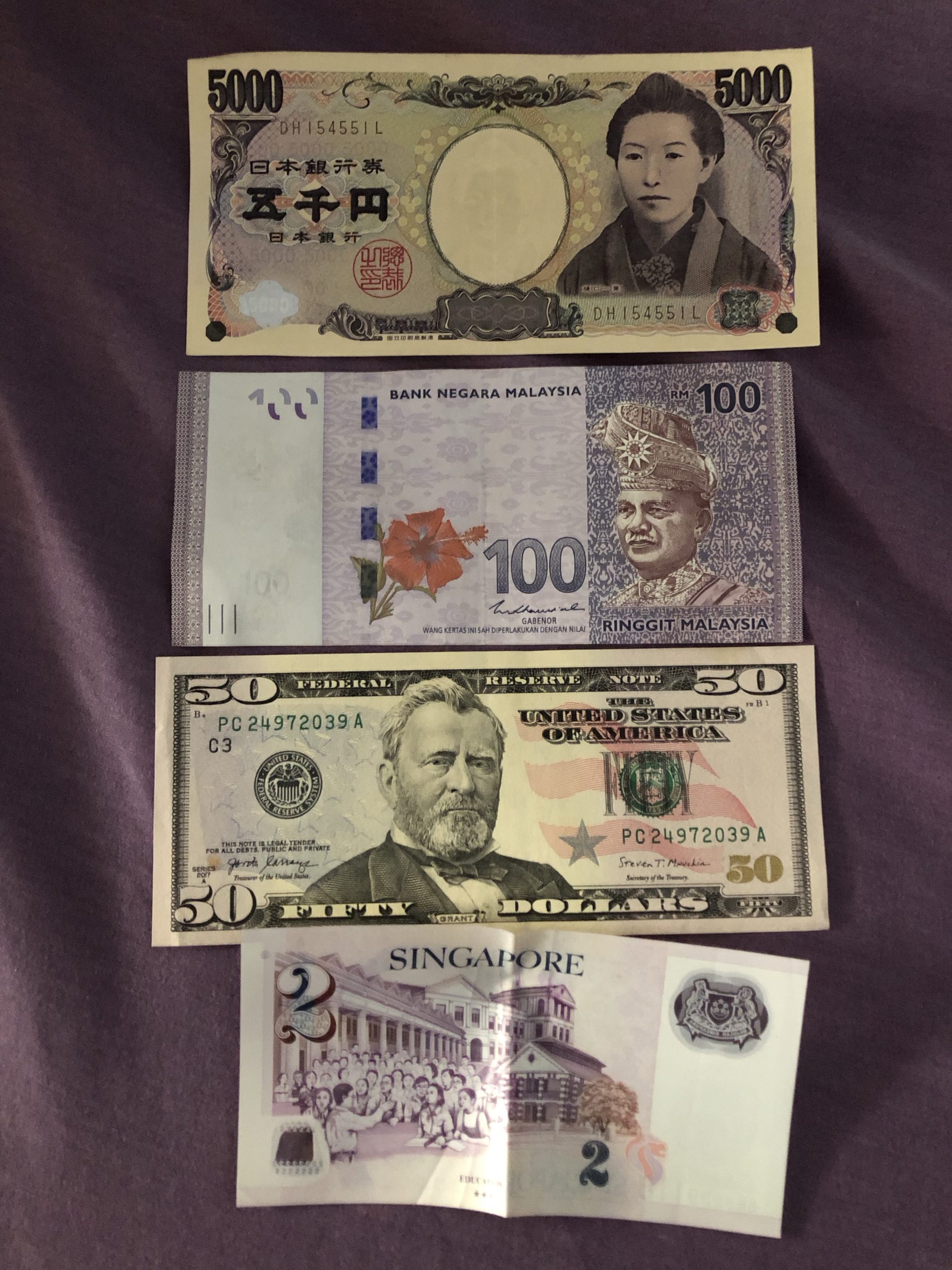
Do I have the money?
For many people, this might be the first question they ask when they want to buy something. But not for me, ’cause we didn’t usually have the money. And I was glad this shaped my mindset. I mean, if we ask “do I have the money?” first every time we want to buy something and the answer is “Yes, I do,” we might end up wasting money buying things we don’t really need and we might be happy only the instant we get them but after that, they are just no use. Worse, sometimes we even forget that we’ve got them. Well, if you’re going to treasure them every day, that’s great. But if not? Why waste money? That’s why I put this question here in this order. I ask this question after I am sure if it’s something I need or want, if it’s urgent or not.
I mean, let’s say I want a new motorbike ’cause the motorbike I usually rode is now used by my lil brother. If the first question I asked was “Do I have the money?,” then yes, I do have it. But do I need it? Is it urgent? Not really. I mean, I work online. I rarely go out. I go out probably only for grocery shopping, taking my Mom to the market, or once in a while going to the cinema or eating out. So no, it’s not something that I need, and obviously it’s not urgent. But imagine if I asked “Do I have the money” first and then stopped after having the “yes” answer and decided to buy it? It’s gonna be wasted, isn’t it? The maintenance cost is certain, and so is the yearly tax, but the use is not even daily. So, no, it’s better to save the money for something that might be more important later. Unless I commute to work every day, and because we don’t have reliable public transportation, so getting my own vehicle would be cheaper and more convenient, then it’s a different story, and then yes, I’ll buy it. But since it’s not the case, then I won’t, at least not now.
Further, I put this question here in this order also because sometimes we really need it and it’s urgent but we simply don’t have the money. For this case, then yeah, we’ve got no choice but to try to borrow from others, take loans from a bank, etc. I mean, heaven forbids this happens, no one wants it, but sometimes it happens: Let’s say, for some reason, you need a surgery and this is not covered by your health insurance, or let’s say you don’t have one. So you need money, but it’s expensive, your money is not enough, you don’t have the money. But it’s urgent because otherwise it will get worse or you know there are unwanted consequences if you don’t have it. Only in this instance can you borrow some money – and pay it back later of course.
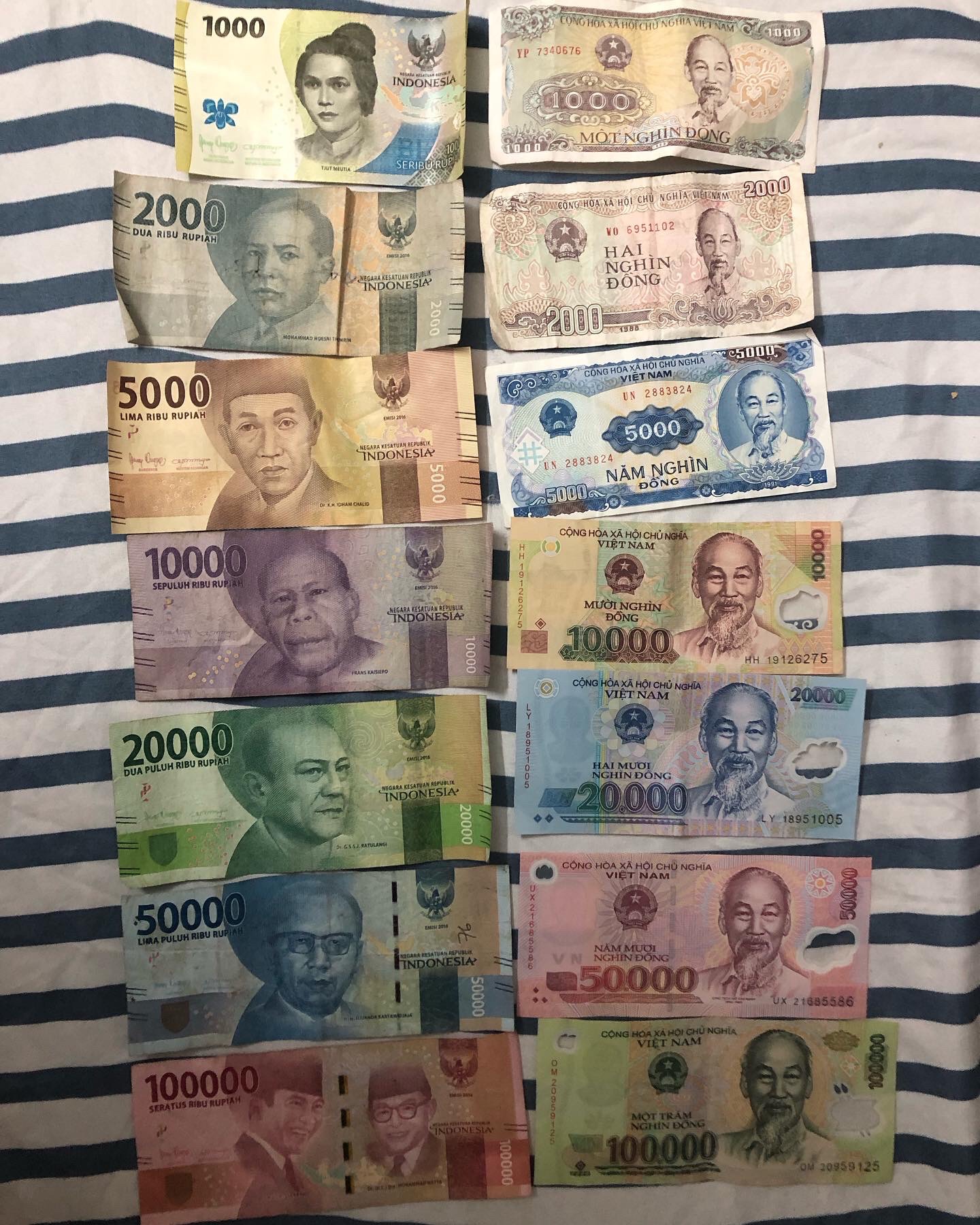
Will I still have money after that?
Many people will stop at “Do I have the money?” question, but again, not me. I will always ask if I will still have the money after that. Why? Our income is uncertain, but our spending or expense is certain. I mean, never thinking about the “aftermath” is really bad. We should always think a bit ahead to the future. Yes sure we live in the present and we have to have fun, enjoy life, be happy, and all, but a certain motto applies only to a certain situation. It’s always contextual. I mean, yeah ok, you can spend all your money now, if you’re just going to die right after, that’s ok, but if tomorrow you’re still gonna be alive, then you still need money. What’s the use of having fun today if you’re going to suffer more tomorrow and, worse, trouble others?
Let’s say you spent your money to go to a concert of your favorite idol or celebrity, what about your bills next? Can you still have food, pay your electricity bills, etc. after that? Or will you need to borrow some money for your basic needs because you decided to go to a concert? Well, I’m not one to judge, going to a concert of our favorite idol is surely fun and true bliss, but it’s not the main thing in life (and please don’t forget that your idol/celebrity is already rich and much richer than you!). For me, at least, the most important thing is always the basic, so that’s what we need to prioritize.
Let’s go back to my example about wanting a new motorbike. Let’s say I had the money and I decided to buy it, but then I have no money. But what if an emergency happens and we need money because it’s urgent later? Personally, I’d rather not buy the motorbike but still have money for the unwanted/unexpected emergency. Again, when we want to borrow money from friends, colleagues, etc. they might not always have it or lend us some, and we can’t really blame them either for not lending us money ’cause they work and earn money to make their life comfortable and easier, not so they can lend us money. So it’s always better to be prepared and save ourselves.
Again, never forget: Our spending or expense is certain but our income is uncertain. A disaster might happen. We might get laid off, for example. And just because we lost our job and get no income, it doesn’t mean our expenses will go down to zero as well. Nope. We’ll still need money to eat, to pay the electricity, etc. So yeah, it’s always better to save when we can.
Well, you might think the example is too extreme. But it’s still possible, no? And you might think I don’t enjoy life to the fullest because I’m too occupied with the “what ifs.” Some people say it’s better to do something and regret it than not do something and regret not doing it. Well, again, mottos are always contextual. You can’t use a motto in all situations. One of my mottos is “plan for the best and prepare for the worst.” And not spending money unnecessarily and saving for unexpected emergencies is one of its practices. And tell you what? This kind of thinking has helped me survive in my life, i.e. I have never had to borrow money from others. No matter how poor I was, I had never had to be in debt. (At least not financially; i.e. I owe some people for their kindness to me🙏).
By the way, related to finance and managing money, I also wrote about thrifting here. It’s more about saving by buying second-hand stuff than the new ones, though. Come to think of it, it saves the environment too, right? But for me, it doesn’t apply to electronics because somehow I tend to have “bad-luck” buying second-hand electronic products 🙏✌
Well, alright; I guess that’s all for now. Hope you find it helpful 😉
PS: I didn’t actually write the paragraphs in order. I was like, “Ok, I want to write this section first and go ahead and write it and then go back to the previous section, etc.” Not so important info, but I just want to record it here.
PPS: As I write this, I can’t help wishing to be Daisuke Kambe: Balance Unlimited. If I were, I wouldn’t need to ask these questions for anything I want or need. LoL
